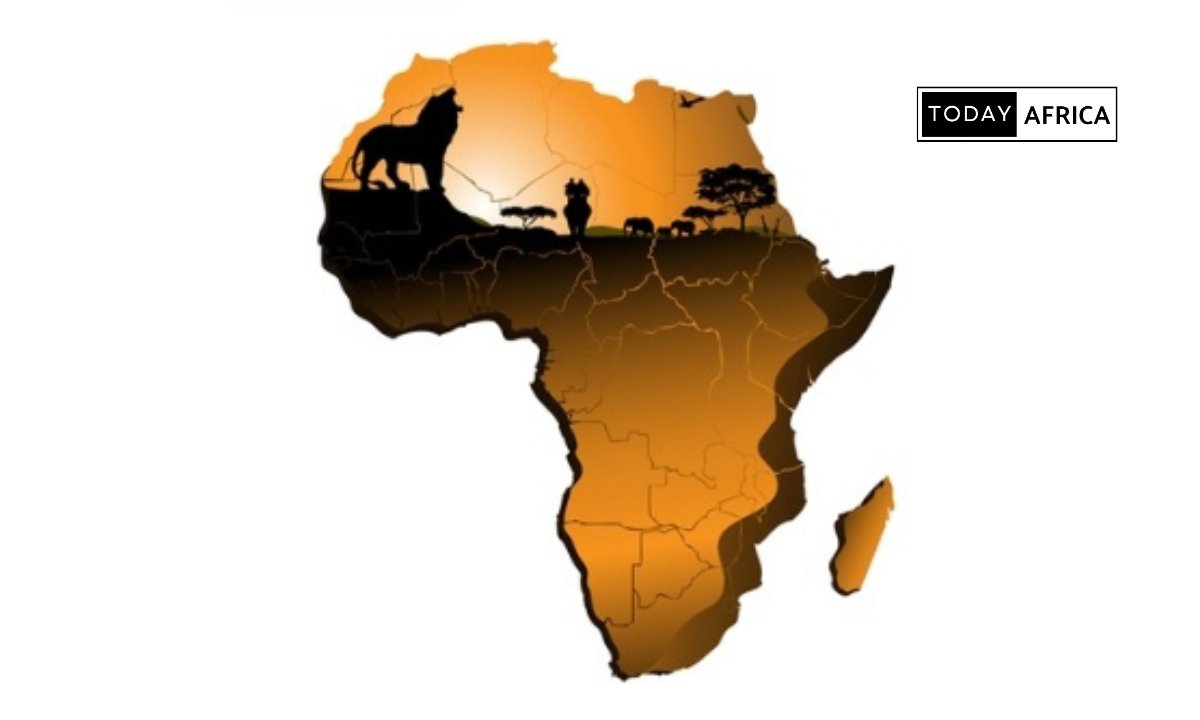Last week (August 18–24, 2025) was quieter on the funding front, but eventful for the broader African tech ecosystem.
Instead of big venture announcements, the spotlight shifted to policy reforms, infrastructure investments, and market-shaping moves that could redefine the landscape for years to come.
From fresh capital commitments in telecoms and digital infrastructure, to bold government proposals aimed at fueling research and innovation.
African tech news highlights
Nigeria’s telecom tariff reset sparks $1bn in fresh investment
After years of frozen rates, the Nigerian Communications Commission (NCC) approved a 50% tariff hike. Operators like MTN, Airtel, and Glo immediately announced new spending plans worth over $1 billion for network upgrades and new data centers. This is expected to improve broadband reliability and coverage—critical infrastructure for startups relying on cloud services, payments, and content delivery.
Lagos unveils ₦31bn innovation fund proposal
Lagos State is moving toward creating one of Africa’s largest sub-national innovation funds. The draft Innovation Bill proposes allocating 1.5% of the state’s annual capital budget (roughly ₦31 billion) to finance research, support hubs, seed startups, and invest indirectly through VC funds. If approved, the initiative could provide much-needed local capital to bridge the early-stage gap in Nigeria’s biggest tech hub.
CSquared outlines $125m fibre rollout across Africa
CSquared, a Google spin-off infrastructure provider, confirmed its multi-country fibre superhighway expansion program, worth $125 million. Backed by Google, IFC, and Mitsui, the rollout will span Uganda, Ghana, Liberia, Kenya, DRC, and Togo. For startups, this means better connectivity, lower internet costs, and expanded digital inclusion in secondary markets often underserved by incumbents.
Access Bank–NBK deal reshapes Kenya’s banking rails
The ripple effects of Access Bank’s acquisition of the National Bank of Kenya (NBK) are becoming clearer. KCB Group announced it had retained part of NBK’s client base and assets even after the deal. The consolidation of regional banks signals stronger, better-capitalised partners for fintech startups, but also tighter competition in digital banking.
Safaricom tests hourly internet bundles
Safaricom rolled out B-Live, an experimental product allowing customers to buy internet “by the hour.” This is designed to attract cost-conscious users in a high-inflation environment, but it also signals that telcos are innovating around pricing models to sustain average revenue per user (ARPU). If successful, similar models could appear across the continent.
Qhala powering digital transformation
Founded in 2020 by Dr. Shikoh Gitau, Kenyan startup Qhala helps governments, corporates, and NGOs digitise operations using AI, cloud, blockchain, and data-driven strategies. The firm built Kenya’s COVID-19 modeling platform, launched the iHelix corporate-startup program, and co-created the Africa AI Declaration.
Backed by partners like the Gates Foundation, AWS, and Huawei, Qhala runs projects across Africa, the UK, and US, offering bespoke consulting and innovation programs that bridge the region’s digital skills and strategy gaps.
Startup and ecosystem news
- Craydel, a Kenyan edtech startup, expanded into Burundi and Tanzania, signaling renewed momentum for regional edtech growth.
- Eight Egyptian startups were selected for an international bootcamp, reflecting Egypt’s continued strength in nurturing globally relevant founders.
- iKhokha and Nedbank confirmed their post-acquisition integration plan in South Africa, with operations continuing as normal. This underscores how fintech M&A remains active in Southern Africa.
Key funding rounds (August 18–24, 2025)
- Street Wallet (South Africa, Fintech/Payments)
Raised $350,000 in a seed round from undisclosed angel and early-stage backers. The company provides digital wallet and payment solutions for the informal economy, helping small merchants and individuals move away from cash. The funding will be used to refine its product and expand into new township and peri-urban markets. - CSquared ($125m infrastructure funding)
While not a startup equity round, the announcement of CSquared’s $125 million fibre expansion program is a significant financing event. With backing from Google, IFC, and Mitsui, the company is positioning itself as a backbone provider for African internet, which will directly benefit startups building cloud, fintech, and streaming products.
Trends to watch
- Policy as a growth catalyst: Nigeria’s tariff reset and Lagos’ proposed innovation fund show how regulation can immediately change the capital flow into tech ecosystems.
- Infrastructure momentum: Fibre rollouts and telco capex increases will underpin startup growth by lowering bandwidth costs and improving service reliability.
- Bank consolidation in East Africa: Access Bank’s entry highlights how cross-border banking groups are reshaping settlement rails—key for fintech startups that rely on interbank connections.
- Telcos experimenting with pricing: From Safaricom’s hourly bundles to Nigeria’s capex surge, telecoms are actively testing new ways to grow usage while balancing affordability.
- Venture dealflow slowing: Only one disclosed equity round this week, but infrastructure and policy moves hint at a stronger pipeline for Q4 2025.
Why this matters
For founders, improved infrastructure and new state-backed funds can ease some of the biggest pain points in scaling—distribution and financing. For investors, these shifts open up opportunities in connectivity-dependent sectors like SaaS, gaming, and AI.
And for the ecosystem at large, this week reinforces a core lesson: even when venture deal volumes dip, structural moves in policy, pipes, and payments are setting the foundation for Africa’s next growth wave.
Conclusion
This week’s developments highlight how Africa’s tech story is increasingly shaped by infrastructure investment, policy reform, and cross-border consolidation.
From Nigeria’s billion-dollar telecom upgrades to CSquared’s fibre push and Lagos’ proposed innovation fund, the foundations of the digital economy are being reinforced.
Even in weeks with fewer startup funding announcements, the groundwork being laid across connectivity, regulation, and financial systems points toward a more resilient and scalable tech ecosystem in the years ahead.
Leave a comment and follow us on social media for more tips:
- Facebook: Today Africa
- Instagram: Today Africa
- Twitter: Today Africa
- LinkedIn: Today Africa
- YouTube: Today Africa Studio
















